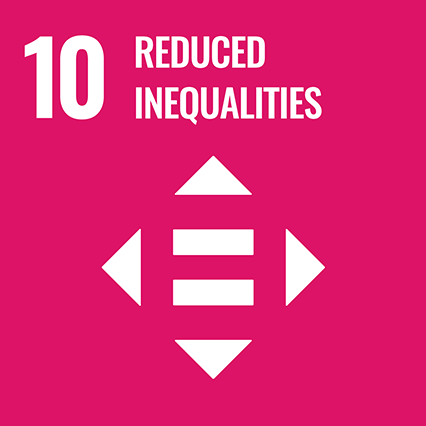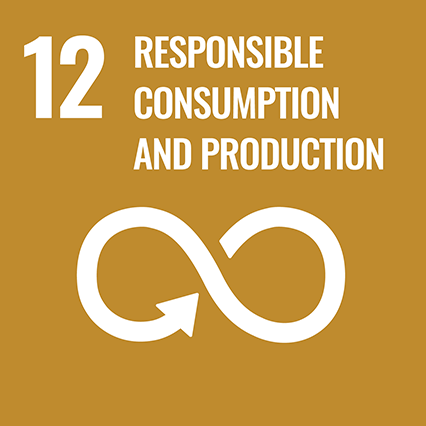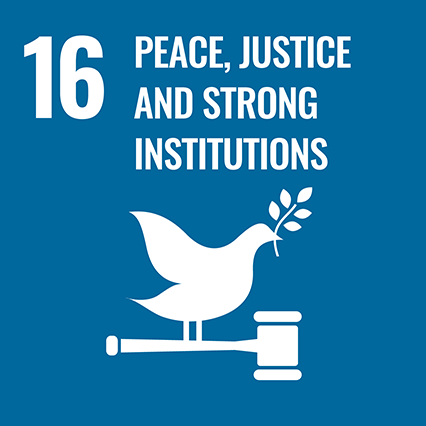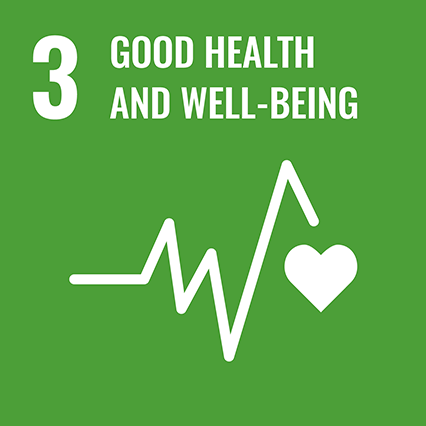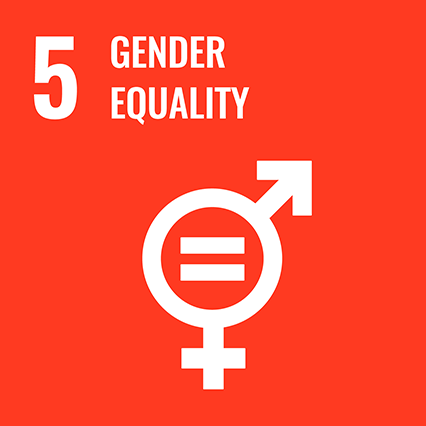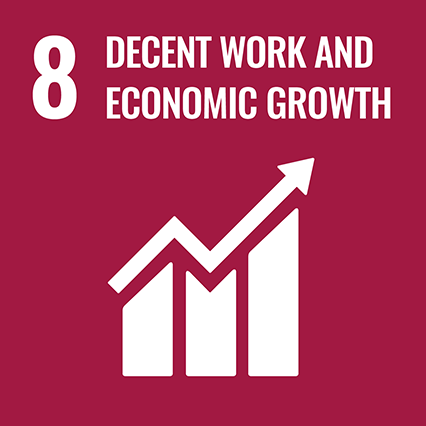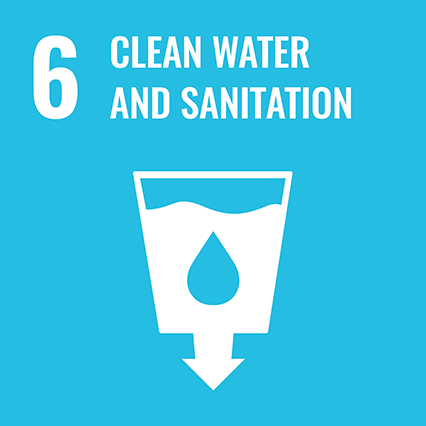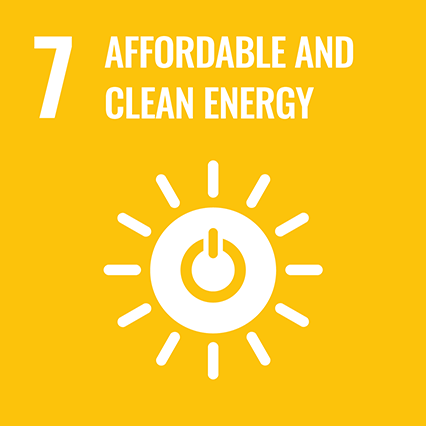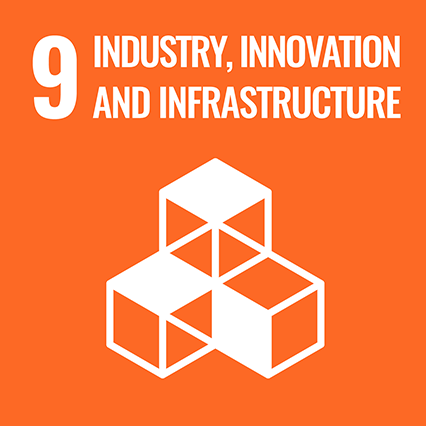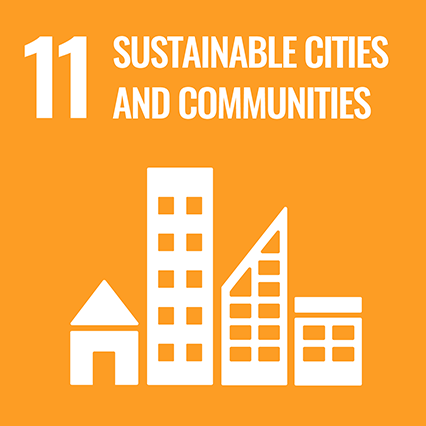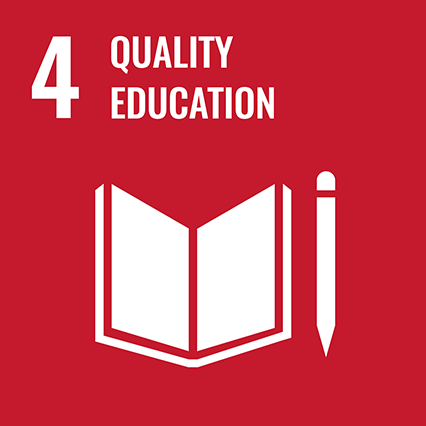Sustainability Management
Sustainability Management System
In March 2022, DNP reorganized the Sustainability Committee headed by the president in order to enhance environmental, social and economic sustainability and further drive DNPʼs sustainable growth and enhanced functionality. By coordinating with the BCM Promotion Committee, which ensures the safety of employees and maintains production activities in the event of a natural disaster or other emergency, and the Corporate Ethics Committee, which aims to raise employeesʼ compliance awareness and reduce risks, the Sustainability Committee has established a flexible and robust governance system that covers company-wide risks.
The Sustainability Committee meets regularly, four times a year, and at other times as necessary for the purposes of managing medium to long-term management risks relating to sustainability, identifying business opportunities and reflecting them in management strategies; and delivers reports and makes recommendations to the Board of Directors. The Board of Directors receives reports and recommendations on matters discussed and resolved by the Sustainability Committee, and deliberates and supervises policies and action plans, etc., for responding to risks and opportunities relating to sustainability.
Risk Management to Support Sustainable Growth
DNP has seven principal themes to be addressed as part of risk management to support sustainable growth. In addition to identifying themes that we deem important and a priority based primarily on our management strategy and business fields, we also include themes that the international community views as critical, starting with the United Nations Global Compact* Ten Principles and the Sustainable Development Goals (SDGs), and comprehensively analyze them.
*DNP announced its support for the United Nations Global Compact in July 2006.
*DNP agrees with the initiatives of the United Nations Global Compact’s local network in Japan (Global Compact Network Japan) and participates in subcommittees that are based on such themes as human rights, the environment, and procurement.

| Foundation to Support Value Creation | |
|---|---|
| Fair Operating Practices |
We help to maintain and develop orderly, free and competitive markets based on laws and social ethics and by always remaining fair and equitable.
|
| Human Rights and Labor |
We place human dignity first and foremost and respect diversity unique to all persons that includes their culture, nationality, race, ethnicity, language, religion, values, gender, age, gender identity, sexual orientation and whether they have disabilities. We accordingly respect working styles suited to the diversity of our employees and make efforts to create a safe, healthy and vibrant working environment based on the assumption of acting with discipline.
|
| Environment |
|
| Responsible Procurement |
For creating excellent value and cultivating strong compliance awareness at the same time, we work jointly with our supply chain stakeholders and conduct procurement that gives due consideration to human rights, the environment and more.
|
| Product Safety and Quality |
We seek to gain the trust of society by prioritizing the safety and quality of our products and services as part of our responsibility as a company that supplies these to society.
|
| Information Security |
We ensure the exceptional security of personal information and all other information assets through management and protection as part of the social responsibility of a company handling such information assets.
|
| Corporate Citizenship |
We contribute to society by resolving social issues, conducting volunteer activities and through cultural activities as we look to deepen our relationship with society as a good corporate citizen that coexists with society.
|
